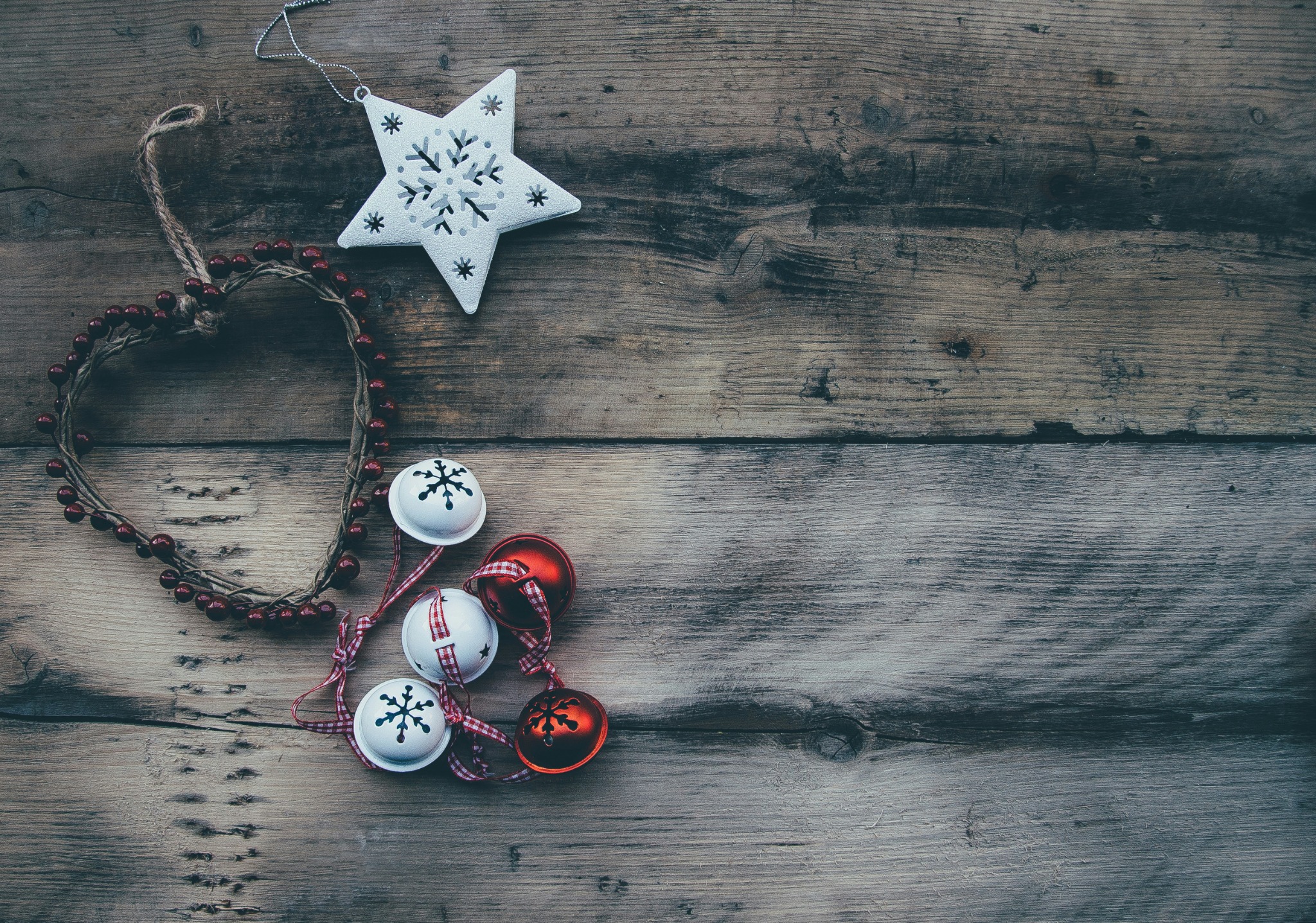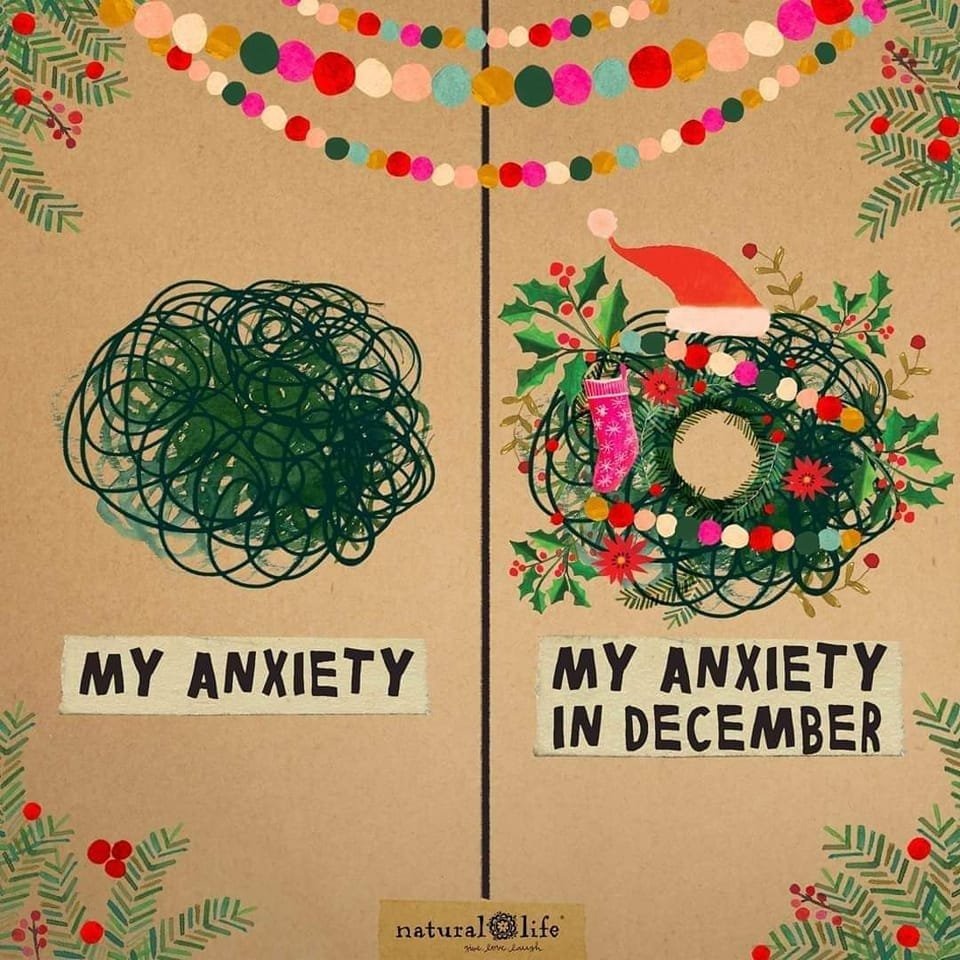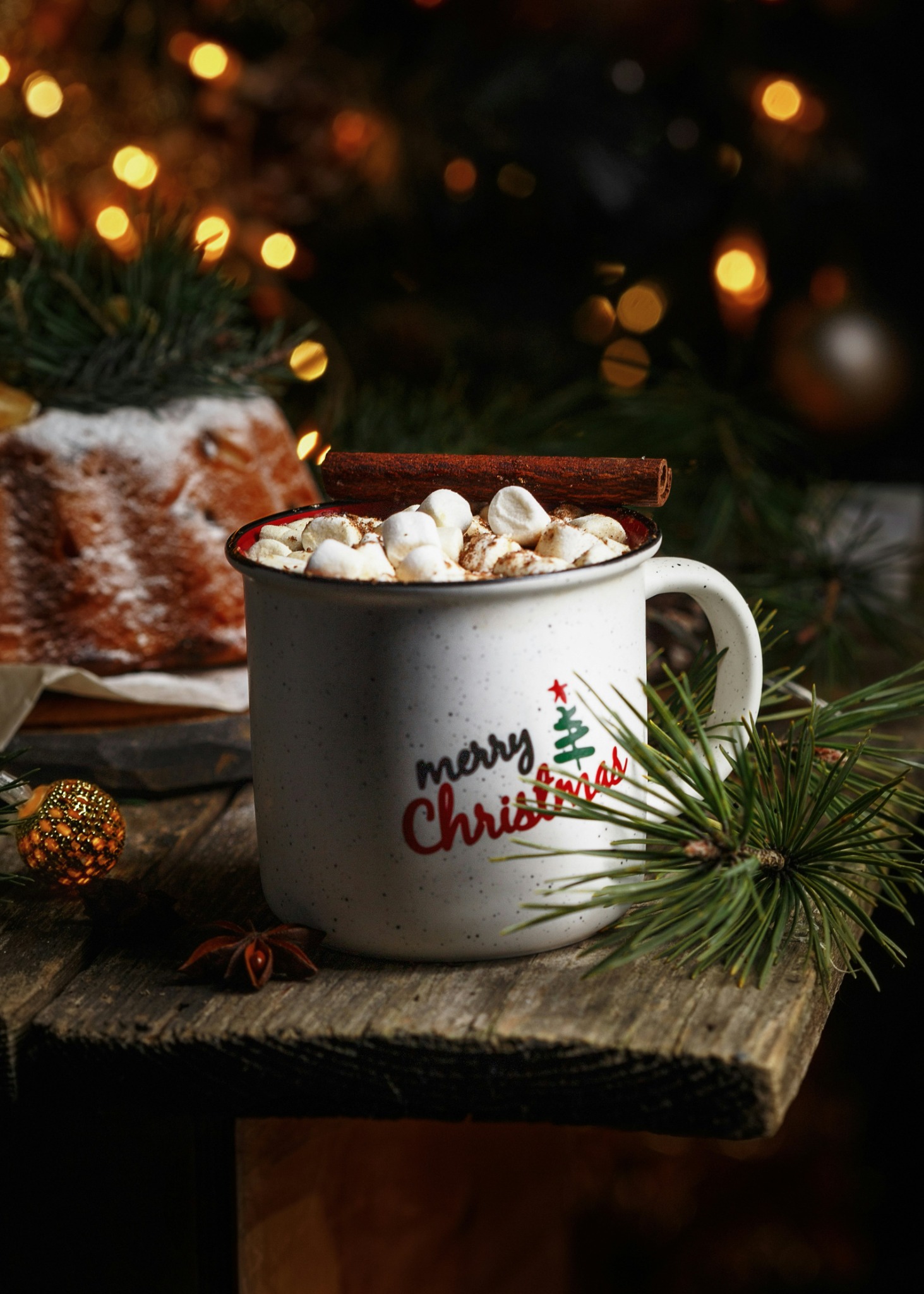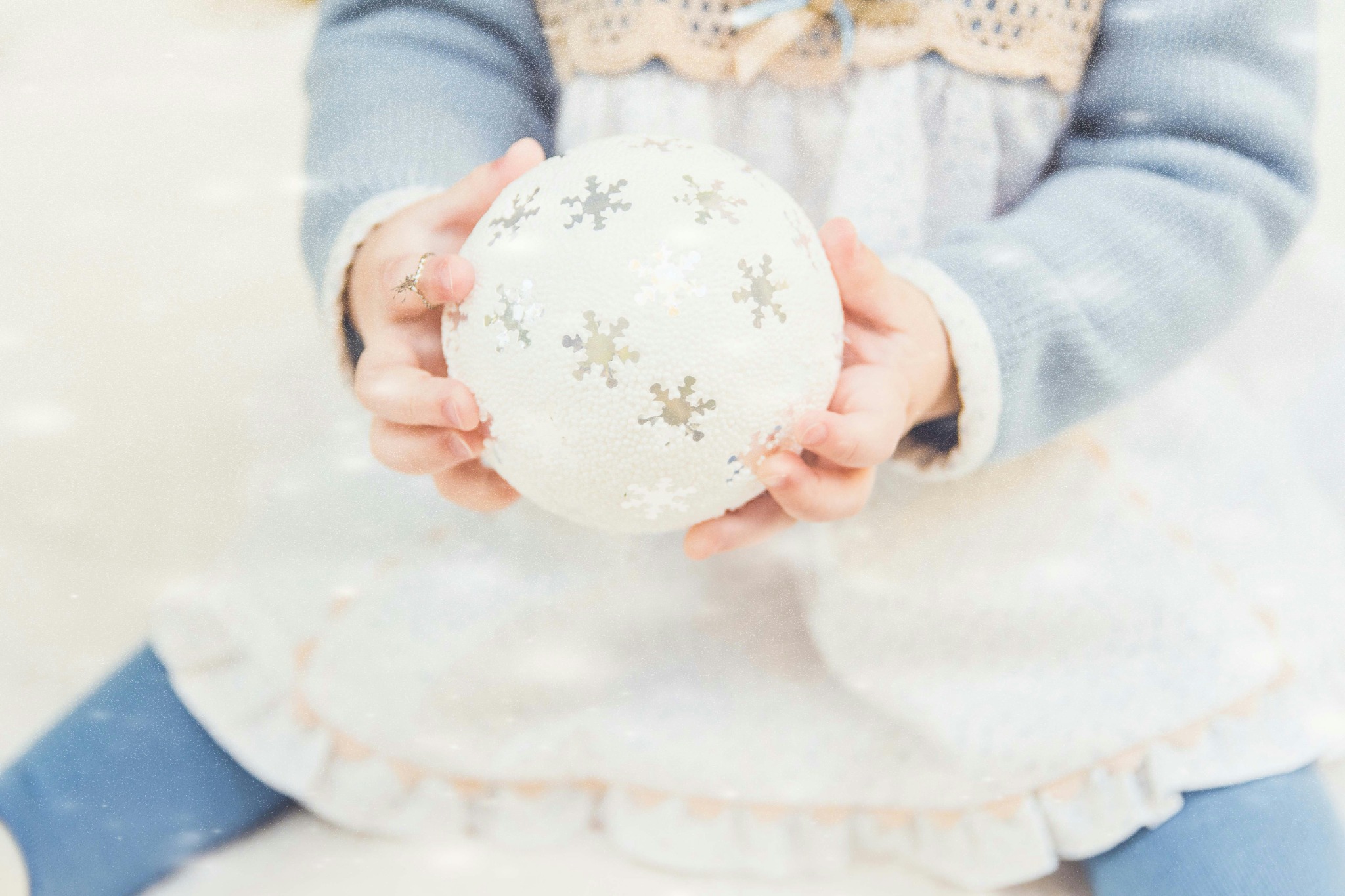
How to Deal With Festive Anxiety
Navigating Holiday Stress, Overwhelm and Irritability
Stress, anxiety, and overwhelm unfortunately don’t go on holiday, even when we do. Call it festive anxiety, holiday stress, or Christmas overwhelm, people with general anxiety (as well as those who don’t typically struggle with anxiety) can struggle during what is often seen as “the happiest time of year”.
Fortunately, we’re not alone. If your anxiety spikes the closer the calendar gets to the end of the year, there are a few strategies you can put in place now to take the edge off of what can be a very stressful time. Let’s get into it!
Festive Anxiety Meaning
Festive anxiety isn’t a diagnosable condition, but rather it’s another term for the specific experience of stress and anxiety we may feel around the holiday season.

Festive anxiety may include symptoms similar to Generalized Anxiety Disorder, such as irritability, tenseness, difficulty concentrating, difficulty sleeping, tiredness, stomach problems, racing heart, and low mood or depression.
Speak to your doctor and/or mental health professional if you have an anxiety disorder or are concerned you may have one and make a plan for managing your anxiety over the holiday season.
Why Do I Feel So Anxious at Christmas?
The holiday season brings together an array of potential anxiety triggers. It's a dark, cold time of year. There's a ton of social pressure and comparison. You may be managing ongoing mental health struggles. Throw family dynamics and financial pressure into the mix and the most wonderful time of the year can easily turn into one of the most stressful times of year.
Everyone's anxiety will be a little bit different, but the list below covers some common triggers for anxiety around the holidays.
Mental Health Conditions
Several mental health disorders such as Seasonal Affective Disorder, Social Anxiety Disorder, and Depression can cause you to experience symptoms of anxiety in the dark, cold winter months of the holiday season.
People who have experienced relational trauma, loss, or grief may also struggle during this time that is so closely associated with spending time with loved ones.
In addition, people who experience sensory sensitivity may experience heightened symptoms at this time of year, with triggers like loud music, talking, flashing lights, and bright colours.
As mentioned previously, be sure to speak with your doctor or mental health professional if you’re struggling with a mental health condition.
Family Dynamics
The holidays often mean spending more time with family, and with that comes all of the family dynamics, quirks, and differences in opinion on any number of topics. Some people even report reverting to childlike family dynamics around their family of origin, which can bring up complex feelings.
End-of-Year Pressures
While the end of the year can be festive and fun, there can also be a lot of pressure across the board. You may be wrapping up projects at work (or working holiday shifts and feeling lonely, burnt out, or FOMO). You may also feel stress leading up to hosting and/or attending holiday events and get-togethers.
Lastly, there can also be pressure to feel like you have achieved something great this year, even if you just did your best to survive it. Plus the looming threat of being inundated with “New Year’s Resolutions” – eek!
Money, Budget, and Shopping
The holidays are one of the most expensive times of the year. You may be spending money on gifts, outings and events, meals, drinks, and travel. It can add up fast, and many people go into debt around Christmas.
Shopping around Christmastime can also be a nightmare. Packed malls, crowded parking lots, and trying to find everything on your list can be anxiety-inducing.
Social Comparison
Social media and carefully crafted commercials can make us think that everyone else is having lavish holiday experiences packed with tons of incredible gifts, fun events, and picture-perfect families. Spoiler alert: they’re not. But it can be difficult not to compare our experiences to others and worry if we measure up.
Travel Stress
Travel is generally stressful, but travel during the holiday season can be extra stressful. You may be juggling cranky kids, trying to catch a flight on time, and navigating winter weather conditions.
Change in Routine
Our regular routines tend to go out the window during the holiday season, with time off of work, more family around, and more social events and get-togethers. Even if we are generally enjoying ourselves, changes in our sleep, eating, and social time versus alone time can be difficult and may contribute to anxiety.
Strategies for Managing Christmas Anxiety
We can't always eliminate our anxiety completely, but planning ahead during times we know we tend to be more anxious can help to lighten the load on our nervous systems.
What works best for each person will vary, but choosing a couple of relevant tips from the following list may help to ease the stress.
Plan Ahead
Doing things bit by bit means less last-minute stress rushing around. Start your shopping early, plan meals ahead of time, and space out tasks so that you're not try to do everything all at once – a surefire recipe for anxiety.
Budget
Set a realistic, healthy budget ahead of time. Think of what you’re able to spend on gifts, food, and entertainment – and don’t forget about travel costs. Remember that gift cards are always a great (and easy!) option.
You may even consider doing away with gift-giving amongst the adults in your family – you may be surprised how much more everyone enjoys the holiday season when you don't have to stress about shopping.
Set Realistic Expectations
That goes for both yourself and others. Isn’t nearly every Christmas movie plot set around something not going to plan? Life happens. You’re not in a Hallmark movie. And also, you can’t be and do all the things for everyone (looking at you, women and Moms).
Create New Traditions
This leads to my next point, be open to creating new traditions. Sometimes the most memorable moments happen unexpectedly if you can stay open to trying something new.
Schedule Breaks
This sounds silly, but planning ahead of time and protecting your downtime can really help prevent overloading yourself during what can be a very busy season. You’re allowed to say no, skip an event, take a nap if you need to, and stay in your PJs eating junk and watching rubbish like Kevin in Home Alone.
Give Back (If You Can)
The holidays are a time of giving, but who hasn’t found themself sucked into Black Friday deals on things we really want for ourselves. It happens. Giving back by volunteering or donating to a community initiative benefits others; however, it can also help us take a step back from the materialism that Christmas brings and remind us of all we have to be grateful for.
Reflect on Your Growth
If the holidays or end-of-year are a painful reminder of how far you are from your goals, it may be helpful to take some time to reflect on your growth over the past twelve months. What have you survived that you didn’t think you could? What lessons have you learned? What silly little things have you discovered that bring you joy?
Take a Social Media Break
If social comparison is bringing you down, you might benefit from a social media break. Try putting your phone aside for a couple of hours to watch a favourite movie, do a puzzle, or get crafty. Do something that brings you joy and fills your cup.
Get Some Sunlight and Fresh Air
If you’re prone to mood shifts in the darker months, it’s important to prioritize getting sunlight. SAD lamps are an excellent alternative source of light that can also help regulate your mood and sleep. Getting outside can also give you a chance to get some vitamin D, help to shift your mood, or provide an excellent excuse to take a breather during stressful times.
Spend Time With "Your People"
Your people are those select few who you know you can be totally yourself around. You can open up to them about your anxiety. Their presence soothes your nervous system. Spending time with them fills your cup. They may come with four paws and fur (pets are people too!).
Keep Up Your Mental Health Self Care
If you're someone who already struggles with anxiety then it's extra important to keep up with your mental health self-care plan during times of stress. It can be easy to fall out of routine during holidays, but making sure to take your medication on time, eat regularly, get enough rest, stay hydrated, move your body a bit, and keep up with your go-to stress-reducing activities can help you stay on track.
Be Mindful of Alcohol
The holidays tend to involve more events involving alcohol. Be mindful of your alcohol consumption and go alcohol-free if you notice it affects your mood or worsens your anxiety.
Final Thoughts
Treat Your Anxiety Like You Would a Small Child
Take good care of yourself this holiday season. Stay hydrated with comforting, warm drinks. Take a nap. Eat regularly, and enjoy some treats. Prioritize sleep. Move your body. Spend time with those who make you feel good and/or take some time to be by yourself, rest, and recharge. Tap into nostalgia – grab joy in the little moments. Don’t take life too seriously. Be nicer to yourself than you want to.
Happy Holidays to you and your anxiety, from me and mine.



Post a comment